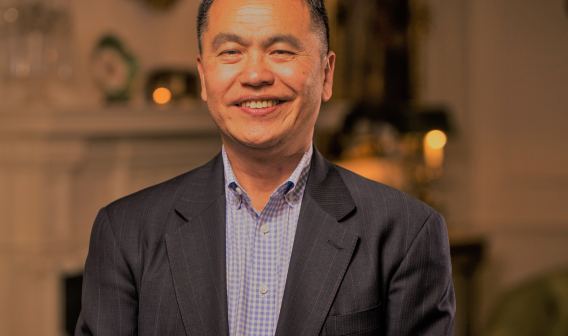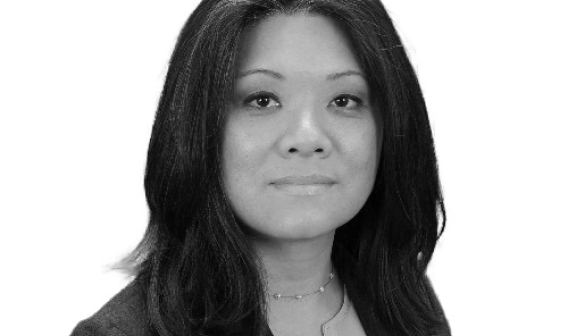
As renewable sources of energy such as solar and wind become more popular, they face challenges becoming part of electric grids designed for traditional sources of power. Now researchers suggest another promising technology, quantum computing, may help lead to major advances in generating, storing, and distributing energy, and may also help earth sciences better analyze vital natural resources hidden underground such as water and petrochemicals.
“There are few problems more important to our collective future than better understanding and managing our planet’s natural resources — clean water, for example, is a resource that far too many lack, a lack that too often leads to disputation and even outright conflict,” said Jessie Henderson, a graduate research assistant at Los Alamos National Laboratory. “Hence the excitement for quantum computing — built upon a fundamentally different physics than classical computing, and therefore a fundamentally different mathematics, it can theoretically lead to great leaps in our ability to model our natural world.”
Quantum computers depend on quantum physics, the field of science that explains how particles may spin in two opposite directions or exist in two different places at once. They can help explore many possible answers to a problem simultaneously to find optimal solutions.
For instance, quantum software firm Multiverse Computing has partnered with Spanish energy firm Iberdrola to hunt for the optimal quantity and locations for batteries within electrical networks. These batteries are key to storing energy when the sun and wind are producing it and releasing it when they are not. “Choosing the best place for these batteries is critical, and a problem that grows very complex for classical computers the more possible locations are involved,” said Esperanza Cuenca, Multiverse’s head of strategy and outreach.




